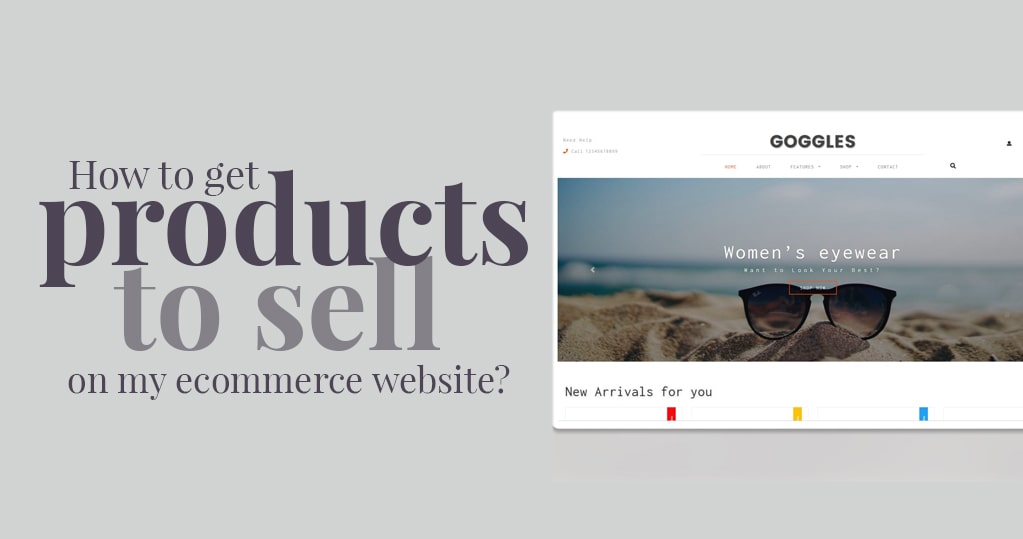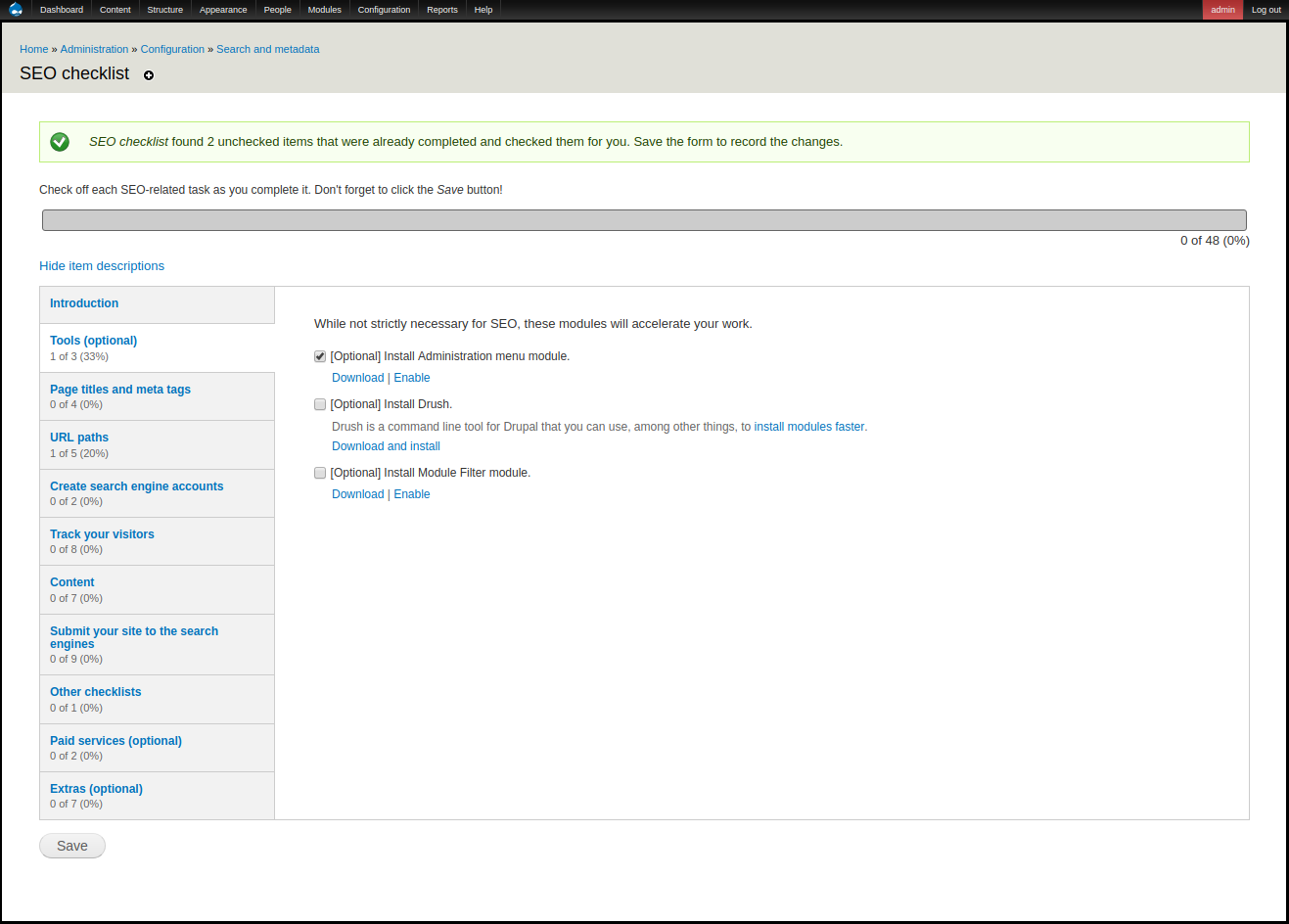So you want to start selling products online but don’t know where to begin? You’re not alone. In 2023, over 2.1 million Americans started their online businesses. Let’s break down exactly how you can find the right products to sell on your website.
—
Finding Your Perfect Product Niche
Before diving into product sourcing, you need to pick what you’ll sell. Think of it like choosing what sport to play – you want something you enjoy and can be good at.
Recent data from Jungle Scout shows that these product categories have the highest profit margins:
- Health and personal care (45-55% margins)
- Home and kitchen items (40-45% margins)
- Pet supplies (35-45% margins)
- Beauty products (35-40% margins)
Pro tip: Look for products that:
- Weigh less than 5 pounds (cheaper shipping)
- Cost between $15-$50 (people buy these without thinking too much)
- Aren’t easily broken (fewer returns)
- Solve a clear problem (easier to sell)
—
Ways to Get Products
1. Make Your Own Products
- Pros:
- Complete control over quality
- Higher profit margins (usually 50-70%)
- Unique products no one else has
- Cons:
- Takes lots of time
- Need space for materials and inventory
- Must handle production problems
Real Example: Sarah from CraftyCandles started making candles in her kitchen. She now sells $50,000 worth monthly through her website.
2. Work with Manufacturers
This means finding factories to make products just for you.
Steps to Find Manufacturers:
- Search on websites like:
- Alibaba
- ThomasNet
- GlobalSources
- Ask for samples from at least 3 manufacturers
- Compare quality and prices
- Start small (most manufacturers want orders of 500-1000 pieces)
Tip: The Global Sources Market Report shows that manufacturers in Vietnam and India are now 15-20% cheaper than China for many products.
3. Buy Wholesale
This means buying already-made products in bulk at lower prices.
Popular Wholesale Sources:
- Faire (for unique boutique items)
- Worldwide Brands (verified wholesalers)
- CentralPoint (electronics)
A recent survey by Wholesale Central found that sellers who buy wholesale typically make 30-40% profit on each sale.
4. Try Dropshipping
With dropshipping, you list products but the supplier ships them directly to customers.
According to Shopify data:
- 27% of online sellers now use dropshipping
- Average profit margins are 15-20%
- Most successful dropshippers test 10-15 products before finding winners
Popular Dropshipping Suppliers:
- AliExpress
- CJDropshipping
- Spocket (US/EU suppliers)
5. Find Local Suppliers
Working with nearby businesses can give you unique products and faster shipping.
Benefits shown by recent Chamber of Commerce data:
- 73% of customers prefer buying locally sourced products
- Local suppliers typically deliver 2-3 days faster
- Returns are handled 60% more quickly

—
How to Choose Your Supplier
Consider these factors:
- Minimum Order Quantity (MOQ)
- Start small when possible
- Most suppliers want 200-500 piece orders
- Some dropshippers have no minimum
- Product Quality
- Always get samples
- Test products yourself
- Read supplier reviews
- Pricing
- Get quotes from at least 3 suppliers
- Factor in all costs (shipping, taxes, fees)
- Aim for 30-50% profit margin
- Reliability
- Check how long they’ve been in business
- Ask for references
- Start with small orders
—
Common Mistakes to Avoid
- Not Calculating All Costs
- Shipping fees
- Return costs
- Storage fees
- Marketing expenses
- Choosing Only on Price
- Cheaper isn’t always better
- Factor in quality and reliability
- Consider customer service
- Skipping Market Research
- Check if people want your product
- Look at competition
- Understand your target customers
—
Getting Started Checklist
✓ Pick your product niche ✓ Research potential suppliers ✓ Get product samples ✓ Calculate all costs ✓ Start with small orders ✓ Test market demand
Remember: Start small, test different products, and learn from your mistakes. Many successful online stores started with just one good product and grew from there.




Leave a Reply